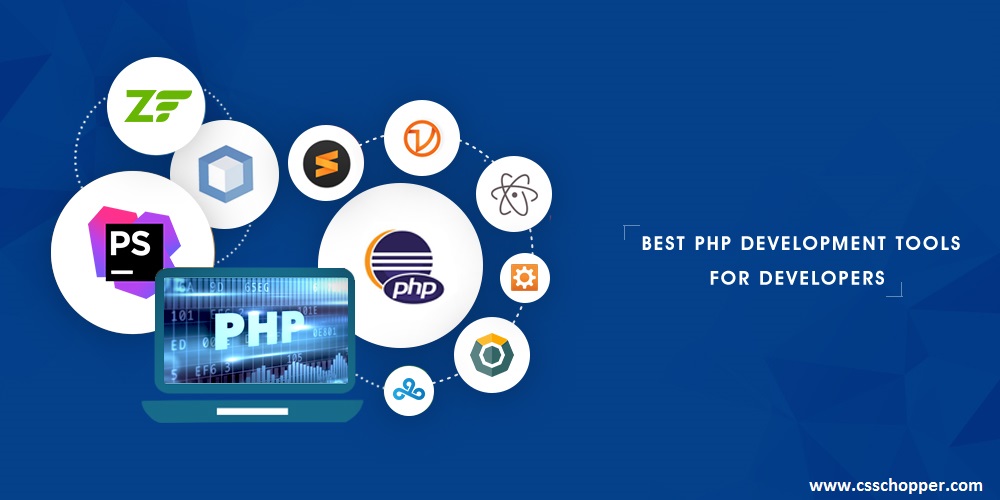Pulse of Information
Your source for the latest insights and updates.
PHP: The Language That Never Sleeps
Discover why PHP is the unstoppable powerhouse of web development that keeps evolving and powering the internet—don't miss out!
Exploring the Evolution of PHP: From Its Origins to Modern Applications
The journey of PHP began in 1994 when Danish-Canadian programmer Rasmus Lerdorf created a set of tools for tracking visitors to his online resume. Originally named 'Personal Home Page', PHP quickly evolved into 'PHP: Hypertext Preprocessor', a recursive acronym that reflected its growing capabilities. In its early days, PHP primarily served as a simple scripting language for creating dynamic web pages. The 1997 release of PHP 3 marked a significant turning point, introducing a modular architecture and the support for various databases, which helped it gain popularity among web developers looking for a more efficient way to build interactive applications.
As PHP matured, it witnessed several transformations that solidified its position in web development. The introduction of PHP 5 in 2004 brought object-oriented programming features and enhanced performance, which catered to the growing demands of web applications. Today, PHP is utilized by countless websites, including major platforms such as WordPress and Facebook, thanks to its extensive framework options like Laravel and Symfony. Furthermore, the ongoing enhancements in PHP 7 and beyond have focused on improving speed and security, ensuring that it remains relevant in an ever-evolving technological landscape, and allowing developers to harness its power for modern applications.

10 Reasons Why PHP Remains a Go-To Language for Web Development
PHP has long been a staple in the world of web development, and there are several compelling reasons why it continues to be a go-to language for developers. For starters, its ease of use makes it accessible for beginners while remaining powerful enough for seasoned professionals. PHP's extensive documentation and supportive community ensure that developers can find resources and assistance whenever needed. This contributes to a faster learning curve, allowing new developers to get up to speed quickly and contribute meaningfully to projects.
Moreover, PHP's flexibility allows it to integrate seamlessly with various database systems, especially MySQL, making it an excellent choice for dynamic web applications. Its ability to work on different platforms, combined with a vast array of frameworks like Laravel and Symfony, equips developers with the tools they need to create robust web solutions efficiently. As web development evolves, PHP continues to adapt by embracing modern features such as object-oriented programming and support for asynchronous operations, solidifying its position in the industry.
How to Optimize PHP Performance for Your Applications
Optimizing PHP performance is crucial for ensuring that your applications run smoothly and efficiently. To start, consider utilizing an opcode cache, such as OPcache, which can significantly speed up the execution of PHP scripts by storing precompiled script bytecode in shared memory. Additionally, minimizing the number of external requests, such as database calls and API requests, can enhance performance. It's also advisable to load PHP files selectively and leverage autoloading to include classes only when they're needed, thus reducing memory usage and improving response times.
Effective resource management plays a pivotal role in optimizing PHP performance. Here are some key strategies to implement:
- Profiling: Use profiling tools to identify slow parts of your code and address bottlenecks.
- Database Optimization: Utilize indexes and optimize your queries to reduce execution time.
- Framework Optimization: If using a framework, ensure it’s configured optimally and only load the required components.
- HTTP Caching: Implement caching strategies to reduce server load and improve speed for end-users.
By adopting these techniques, you can ensure that your PHP applications run at peak performance, providing a better user experience and reducing server costs.